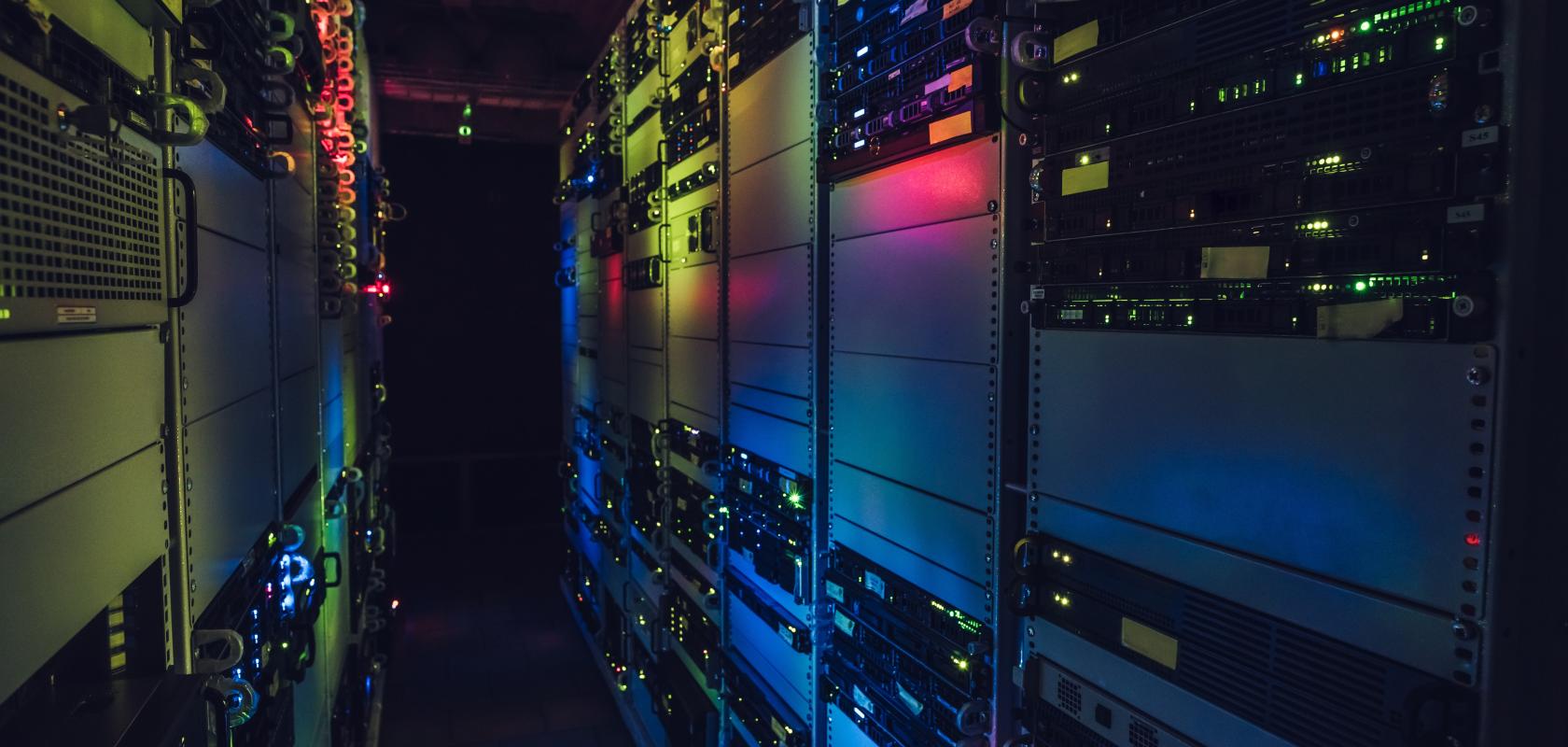Nokia has announced it is expanding and enhancing its data centre networking portfolio to meet the increasing performance and scalability demands of connecting AI workloads, while leveraging the power of AI to drive greater efficiency and reliability into data centre operations.
The company is introducing its new family of 7220 Interconnect Router (IXR) high-performance data centre switches, along with an enhanced suite of Artificial Intelligence for Operations (AIOps) tools for its Event-Driven Automation (EDA) management platform. Together, these innovations deliver the extreme performance and reliability required to support advanced AI training and inference workloads driven by growing demand for agentic AI applications.
The emergence and widespread adoption of agentic AI-enabled applications is reshaping data centre requirements, prompting a rapid evolution in networking solutions. AI is driving these advancements, which present a dual opportunity for network innovation and operational transformation. These are precisely the forces behind the most recent developments in Nokia’s data centre switching portfolio.
“Our partnership with Nokia continues to deliver meaningful operating advantages amid the accelerating pace of AI innovation. With Nokia’s technology, Nscale strengthens its ability to deliver for our shared customers. This announcement further extends Nokia’s leadership and reinforces our confidence that, together, we’re best serving the needs of customers who rely on advanced AI technology,” said Tom Burke, Chief Revenue Officer at Nscale.
“The 1.6 TE interface speeds on Nokia’s new family of 7220 IXR switches hit a sweet spot in the market as agentic AI compels a change in data centre networking requirements. Agentic AI-powered AIOps on Nokia’s EDA platform is timely, driving increased operational efficiency and reliability in a demanding network environment. It’s also great to see Nokia’s commitment to the UEC, as 650 Group analysis projects Ethernet will be the dominant networking protocol for AI moving forward,” said Alan Weckel, Founder and Technology Analyst at 650 Group.
Scalable performance and flexibility for AI data centres
To address the massive demands for scalability and high performance in AI data centres, Nokia’s 7220 IXR-H6 switches deliver exceptional throughput, reaching up to 102.4 Tb/s with interface speeds of 800 GE (Gigabit Ethernet) and 1.6 TE—doubling throughput and interface speeds within the same footprint. The switches comply with Ultra Ethernet Consortium (UEC) specifications, bringing advanced features designed to optimise and manage packet flows, prevent congestion, and drive network efficiency across large-scale AI factory environments of up to one million XPUs and beyond.
The Nokia 7220 IXR-H6 family offers unparalleled flexibility for a diverse range of deployment scenarios. Available in both liquid-cooled and air-cooled variants, the switches can be seamlessly integrated and are compatible with various data centre rack configurations.
Nokia is the only vendor offering hardware that supports both an embedded Network Operating System (NOS) and SONiC. The new switches can be configured with Nokia’s SR Linux network operating system (NOS) or open-source Community SONiC, providing data centre operators with greater choice in software solutions. Backed by Nokia’s expert development and support organisation, operators can proceed with confidence, knowing they have reliable options tailored to their specific infrastructure needs.
AI-enabled network operations
With the pressing need to deliver always-on services, cloud service providers and enterprises alike are prioritising automation, AIOps, and modernisation strategies to reduce downtime and ensure resilient performance throughout the data centre network operations lifecycle. To address these requirements in today’s environment of increasing operational scale and complexity, Nokia is introducing innovative agentic AI-enabled capabilities into its Event-Driven Automation (EDA) platform.
EDA AIOps combines the simplicity of natural language interactions with the reasoning power of agentic AI to enable fast and accurate issue identification, root cause analysis, and remediation across the data centre networking environment. When combined with EDA’s extensive real-time telemetry, integrated digital twin, dry-run, and instant roll-back capabilities, network operators can act quickly to address issues with confidence—achieving a 96% reduction in data centre network downtime, according to Bell Labs Consulting and Futurum’s recent Data centre fabric reliability study.
“The astonishing growth in AI adoption has led to a dramatic overhaul in how data centres operate, and is driving constant evolution in hardware and operational tools. We are pleased to announce our new family of high-performance 7220 IXR-H6 switches along with advances in our EDA platform, which now leverages the sophistication of agentic AI to deliver highly reliable network operations at the speed required to keep up with the pace of change. Today marks one of many milestones for Nokia’s data centre networking portfolio, and we look forward to bringing even more technological innovation to our global customer base to support the AI super-cycle,” said Vach Kompella, Senior Vice President and General Manager of IP Networks at Nokia.
Nokia 7220 IXR-H6 switches will be available in Q1 2026, with Nokia EDA AIOps features available for demonstration today and deployment by the end of 2025.

